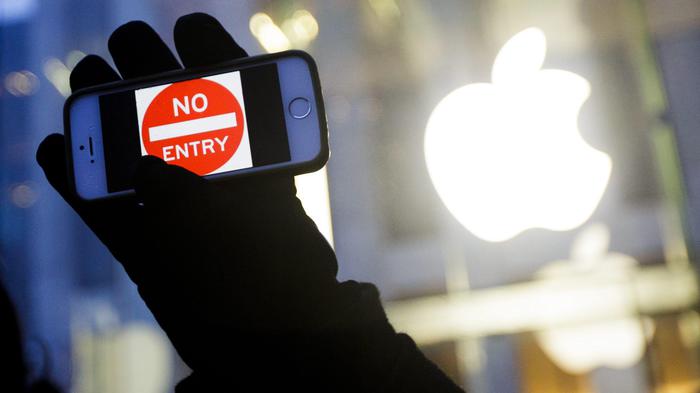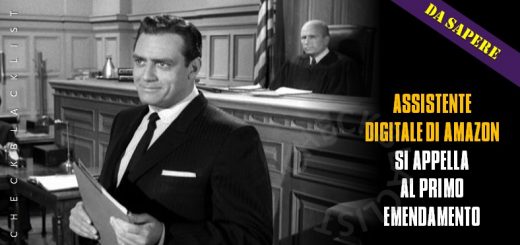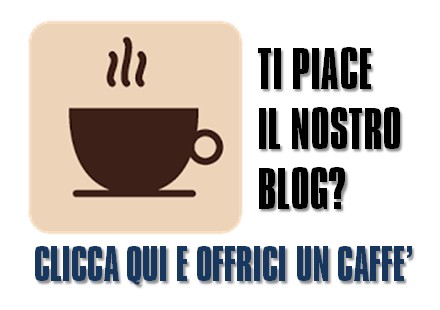Media Usa contro Fbi per sblocco iPhone
Media contro Fbi: l’Ap, insieme a Usa Today e Lln, hanno citato in giudizio il Federal Bureau of investigation perche’ sveli quanto e chi ha pagato per sbloccare l’Iphone di Syed Rizwan Farook, autore con la moglie della strage di San Bernardino nel dicembre del 2015.
”Sapere la somma che l’Fbi ha valutato come appropriata da spendere, come pure l’identita’ e la reputazione del fornitore che ha fatto affari in questa vicenda, e’ essenziale per l’opinione pubblica perche’ possa controllare effettivamente le funzioni del governo ed contribuire ad evitare potenziali azioni inappropriate”, si legge nella citazione, presentata ad una corte del District of Columbia in base al Freedom of Information Act. Nel rifiutare in precedenza di fornire informazioni, il governo Usa aveva spiegato che rivelare gli atti potrebbe avere conseguenze sullo ”svolgimento del procedimento”.
La vicenda, che aveva visto la Apple e i giganti della Silicon Valley contro l’Fbi, aveva avuto risonanza a livello internazionale, riproponendo il dilemma tra privacy e sicurezza. (ANSA)













